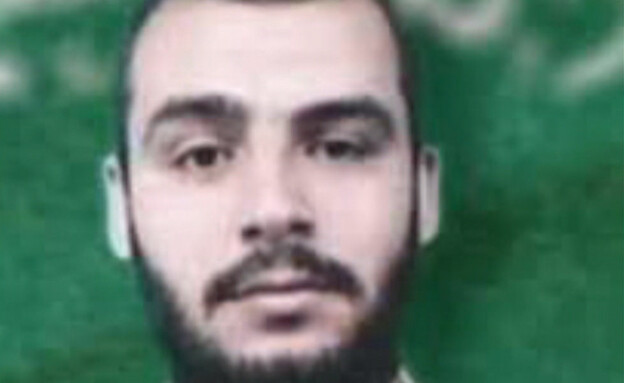"Sudden Opportunity," Could Mohammed Sinwar's potential elimination lead to more war?
Israel conducted a high-level airstrike targeting senior Hamas military leader Mohammed Sinwar in Khan Younis, based on real-time intelligence and after approval from top Israeli officials. Sinwar, a key figure in Hamas's terror operations and the de facto head of its military wing, may have been killed in what could become a pivotal moment in the ongoing Gaza war.

In a rare and high-stakes operation, the Israel Defense Forces (IDF) carried out an airstrike in Khan Younis targeting senior Hamas leader Mohammed Sinwar, brother of Hamas chief Yahya Sinwar. The strike, conducted following a real-time intelligence breakthrough, was authorized at the highest levels of Israel’s political and military leadership. Defense Minister Israel Katz and Prime Minister Benjamin Netanyahu gave the green light for the operation after Chief of Staff Eyal Zamir’s recommendation. The IDF was reportedly assured by intelligence officials that there were no hostages present in the vicinity of the strike.
Mohammed Sinwar has long been considered one of Hamas's top military operatives and was, until now, serving as the de facto head of the group’s military wing following the reported assassinations of top commanders Mohammed Deif and Marwan Issa. A former commander of Khan Younis and later the overall commander of southern Gaza, Sinwar was deeply involved in orchestrating Hamas’s terror activities, including planning attacks, launching rockets, financing weapons production, and advancing the organization’s vast underground tunnel network in northern Gaza. He was also named as one of the masterminds behind the brutal October 7 attacks.
The IDF described the strike as the result of a “sudden opportunity” and confirmed that Sinwar had been captured on video traveling in a jeep inside a tunnel. Due to his status and awareness of being a top target, Sinwar reportedly delayed critical decision-making processes out of fear of being eliminated. According to a Hamas official, Mohammed Mardawi, the leadership’s decision-making process in hostage negotiations had been “complicated,” a statement widely seen as a nod to Sinwar’s elusive behavior.
Following the strike, close sources stated: “If Sinwar was there, he is no longer with us.” While confirmation of his death is still pending, the ramifications are already being felt. Gaza commentator Sapir Lapkin described the attempted assassination as a "turning point" in the war, noting it could potentially accelerate hostage deal talks. Still, he cautioned that hopes remain slim given the concurrent launch of Operation “Gideon’s Chariots,” signaling a possible widening of the conflict rather than de-escalation.
Reports from the scene indicate the IDF is still operating in the vicinity of the strike, with troops reportedly preventing access to the European Hospital. Eyewitness accounts suggest over 100 people have been injured as a result of the strike, though these numbers have not yet been independently confirmed.
Mohammed Sinwar, known for evading multiple Israeli assassination attempts in the past and dubbed “the man in the shadows,” had not been seen publicly for years. Following the death of his brother Yahya Sinwar, he had become the central decision-maker in Hamas’s political and military strategies, particularly regarding hostage negotiations with Israel.
Today’s strike underscores Israel’s shifting strategy: exerting maximum military pressure while keeping open the door for negotiations, even under fire.